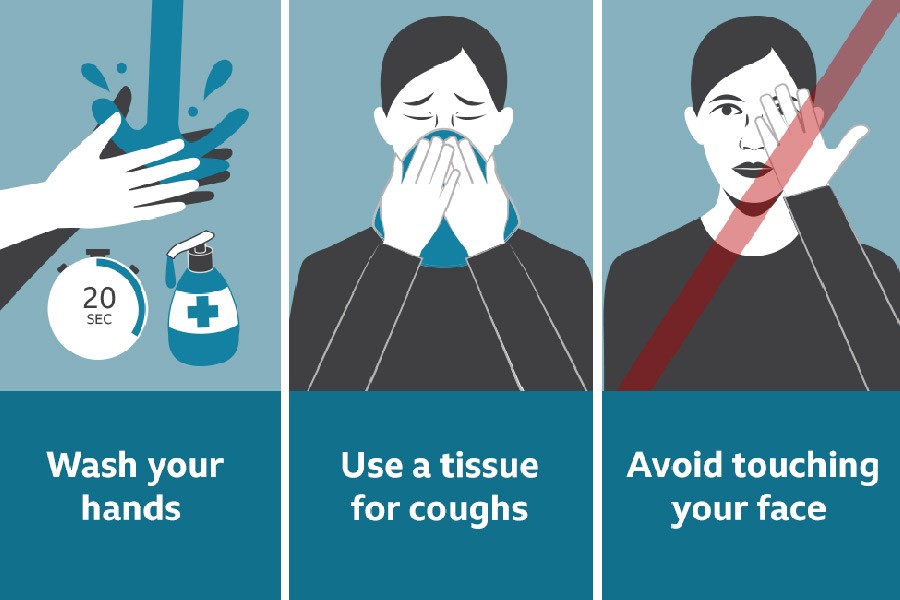The corona virus disease (COVID-19) situation has come to such a pretty pass that no continent on earth could escape the assault of this speedily transmitted virus except the remote frozen continent of Antarctica.
Among the South Asian countries, nay in the world, Bangladesh is one of the most densely populated countries. With streets and bazars crowded and different modes of transports full of passengers, people could feel the breath of others around them. In close proximity of living, coronavirus can have a field day every day. And in that context, the government has shut down the country from March 26 to April 04.
The Institute of Epidemiology, Disease Control and Research (IEDCR) has till March 28, 2020 diagnosed and confirmed 48 cases of the coronvirus with five deaths. Statistically, the death rate in Bangladesh is 10.417 per cent, which is the highest rate in the world. Until March 26, death rate in Italy was 10.19 per cent with the highest number of deaths, 1.516 per cent in the United States with the highest number of infections, 4.04 per cent in China, the first hit country, 5.597 per cent in Iran, 7.55 per cent in Spain, 0.608 per cent in Germany, 5.817 per cent in France, 4.958 per cent in the United Kingdom, 2.75 per cent in neighbouring India and 0.75 per cent in Pakistan. Bangladesh is one 199 countries and territories affected by the scourge that is now sweeping the world.
The COVID-19 virus is known to spread through tiny droplets ejected by infected people. Anyone might be affected by coming in contact with the infected person/s or remaining very close to open sneezing of such people or shaking hands or hugging with a person. Infection may be caused even by touching surface of chairs, tables, or basins. It is because tiny droplets might have settled down there. Any crowded place like classrooms, cinema, conferences, railway stations, airports, restaurants, and shopping malls are highly susceptible to becoming purveyors of this nano-organism that can be quite lethal. The risks of coronavirus attack may mount in many passengers from abroad come in.
It will be highly unwise to bypass threats of the pandemic with nightmarish threat to our public health. The coronavirus pandemic is not just a public health nightmare; it can cripple life with staggering losses due to stalled economic activities, rising cost of living, increasing healthcare costs and potential drugs shortage.
Therefore, we've to take every possible preventive measure personally at home, at workplace, or roads and in public places even after the shutdown is over. We've to use this crisis to teach everyone principles of good hygiene practices such as stopping spitting and 1expectorating everywhere.
Besides, under the circumstances, it will be useless to caution our country not to depend on any single country to protect our imports or exports trade since the entire world is in the grip of the virus. Even then it is necessary that we diversify our supply sources for raw materials and consumer goods and exports of our commodities.
It is also necessary that we set apart relief funds for the affected poor. Together with that it is urgent to bring our land, river and sea border outposts under strict screening and active surveillance. As an indispensable mechanism to prevent the shocks of pandemic hazards we also have to plan for long-term epidemiological preparedness. In a nutshell, all possible preparedness from both public and individual sides will have to be ensured so that the virus cannot be transmitted in an epidemic scale.
Sarwar Md. Saifullah Khaled is a retired Professor of Economics and Vice Principal at Cumilla Women's Government College, Cumilla.


